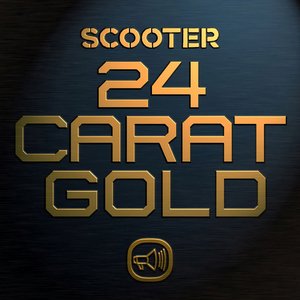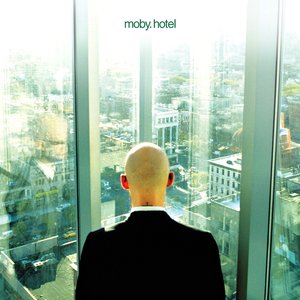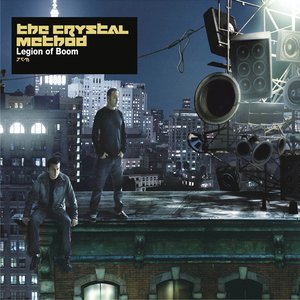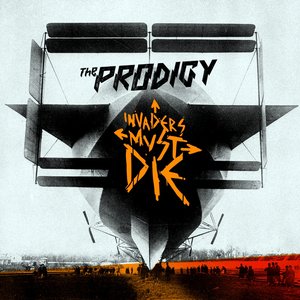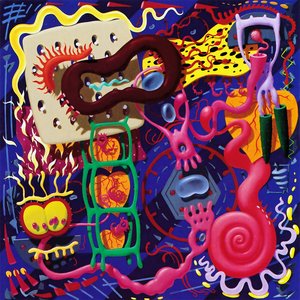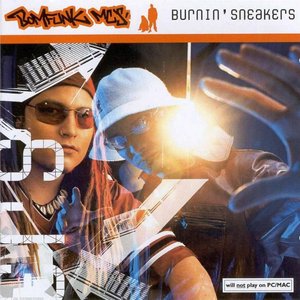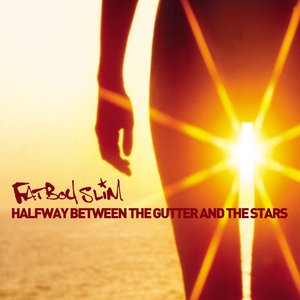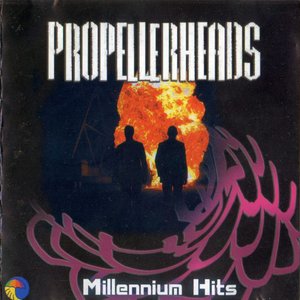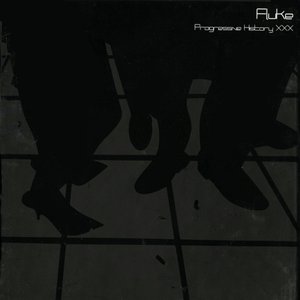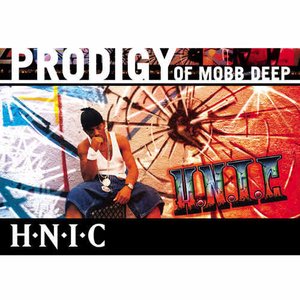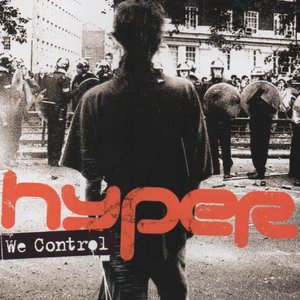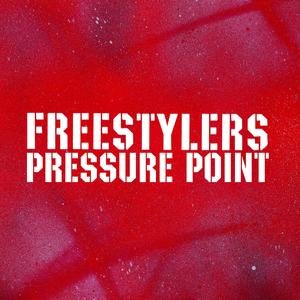Wiki
-
Release Date
3 April 1994
-
Length
13 tracks
Music for the Jilted Generation is an album by British band The Prodigy. The album was released through XL Recordings in July 1994. The album was re-released in 2008 as More Music for the Jilted Generation. The re-release includes remastered and bonus tracks.
It is largely a response to the corruption of the rave scene in England by its mainstream status as well as Great Britain's Criminal Justice and Public Order Act 1994, which effectively criminalised raves, rave culture, and by implication, rave music itself. The latter is exemplified in the song "Their Law" (predominant lyric: "Fuck 'em and their law"), and the spoken word intro, which paraphrases a quote from The Lawnmower Man.
When Liam Howlett came to the cutting room for the final phase in the album production he realized that all the tracks he had originally planned for wouldn't fit onto a CD so One Love had to be edited, The Heat (The Energy) was slightly cut and the track called "We Eat Rhythm" was left out. "We Eat Rhythm" was later released on a free cassette with Select Magazine in October '94 entitled 'Select Future Tracks'.
The cover of the inner artwork of the record was analysed in an article published in 2008 in the techno underground Magazine Datacide. The author compares the picture with a persiflage which was published in 2003 on the Kid606 album Kill Sound Before Sound Kills You. The article not only describes the representation of Raves in graphic artwork but also describes the marketing strategy of the band with the album and criticises it from a pretentious point of view:
'With the picture The Prodigy are taking a stance in the conflict of ravers versus the police in those days. At the same time this statement is used to market a rebellious attitude. The picture is part of the artwork of a record - which is of course a commodity. The teenage (and male) consumer ought to identify himself with the presented rebellion. With the help of the artwork a certain image of The Prodigy is established: They should be seen as anti-stars, who define themselves through refusal and opposition.
* Rolling Stone (20 April 1995, p.80) - 3.5 Stars - Very Good - "A soundtrack for those British rave hordes who dodge Tory truncheons, Music for the Jilted Generation thrills initiates with a political buzz Americans might miss. But the Prodigy's hard-core techno generates universal dance fever….Truly trippy."
* Alternative Press (April 1995, p.84) - "Jilted Generation throws much darker shapes than its predecessor. Moreover, it slams harder and rawer and covers more ground–21st century hip hop, Latin funk, horror trance, Vapourspace-like ambient–in addition to their usual crowd-pleasing, hi-NRG tekno. Thumbs up for the use of guitar and flute, too."
* Option (July–August 1995, pp. 129–131) – "…the Prodigy jolts an industrial sensibility with techno drive and then rides the seemingly endless grooves until we're numb…for intensely pumping dance music, this album has more life than most."
* Mojo (p.56) - Ranked #83 in Mojo's "100 Modern Classics" – "One-man Bomb Squad Liam Howlett was a breakbeat maker without peer."
* Spin (September 1999, p.150) - Ranked #60 in Spin's "90 Greatest Albums of the '90s".
* NME (24 December 1994, p.22) - Ranked #9 in NME's list of the "Top 50 Albums Of 1994".
* Q - Voted the 62nd greatest album of all time by Q readers in early 1998 and ranked one of the best British albums of the last 50 years in 2008.
* It is included in the book 1001 Albums You Must Hear Before You Die.
* On 4 December 2008, Zane Lowe inducted it into his 'masterpieces' by playing the album in full on his BBC Radio 1 show.
Album descriptions on Last.fm are editable by everyone. Feel free to contribute!
All user-contributed text on this page is available under the Creative Commons Attribution-ShareAlike License; additional terms may apply.

